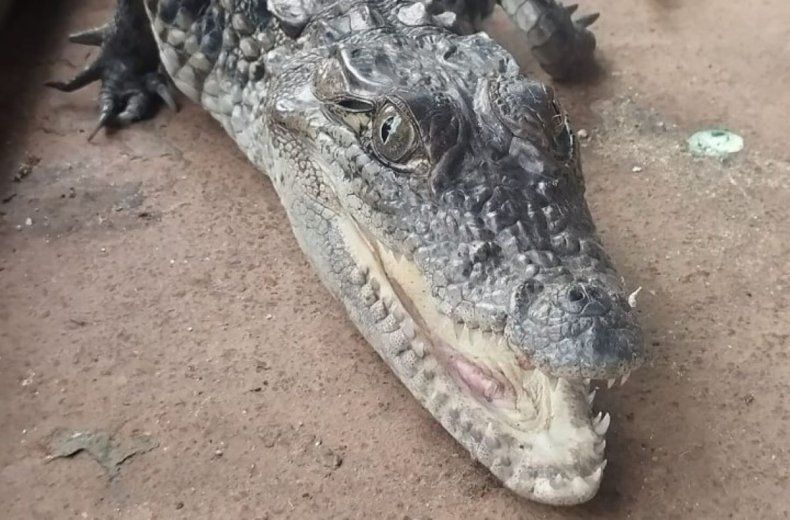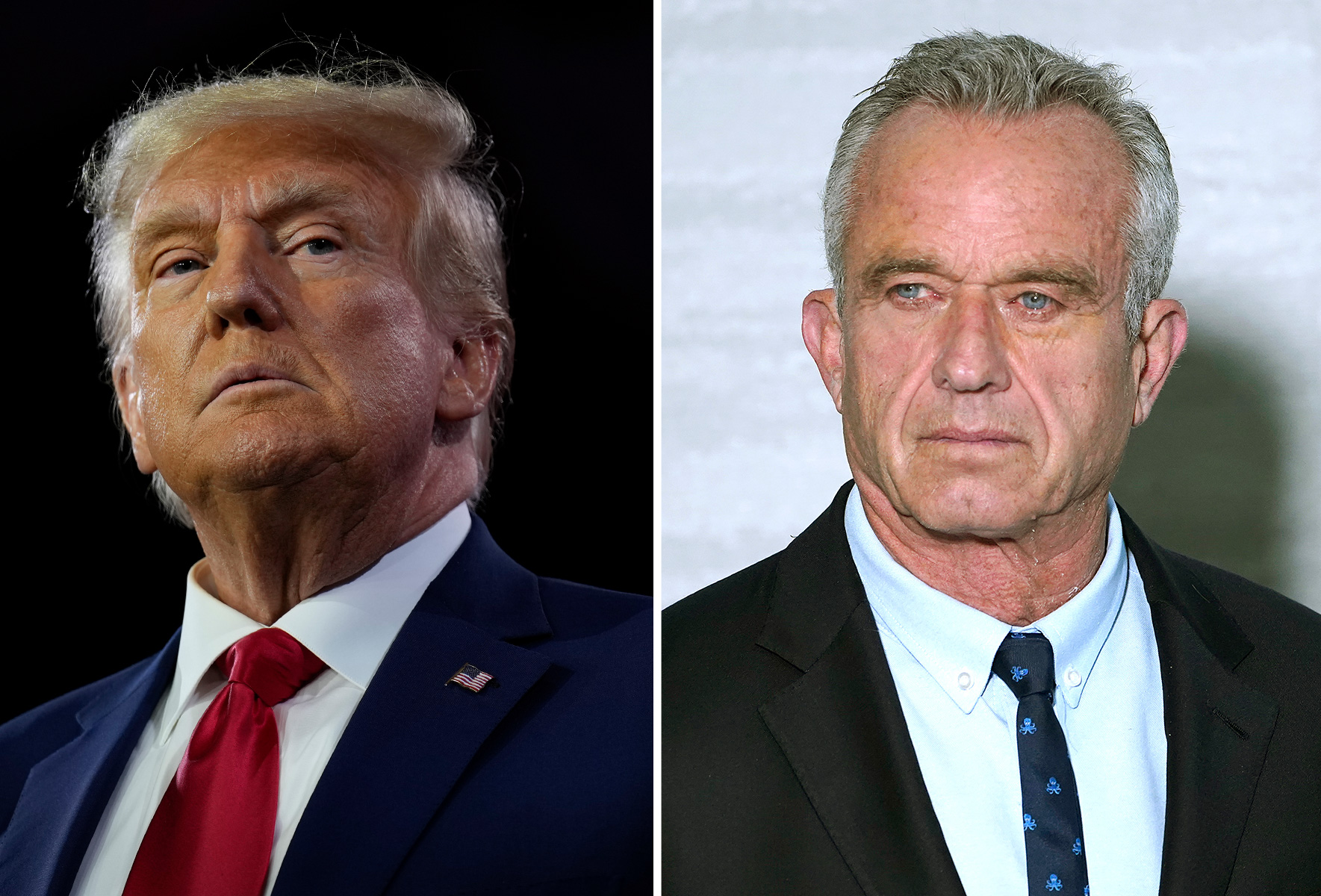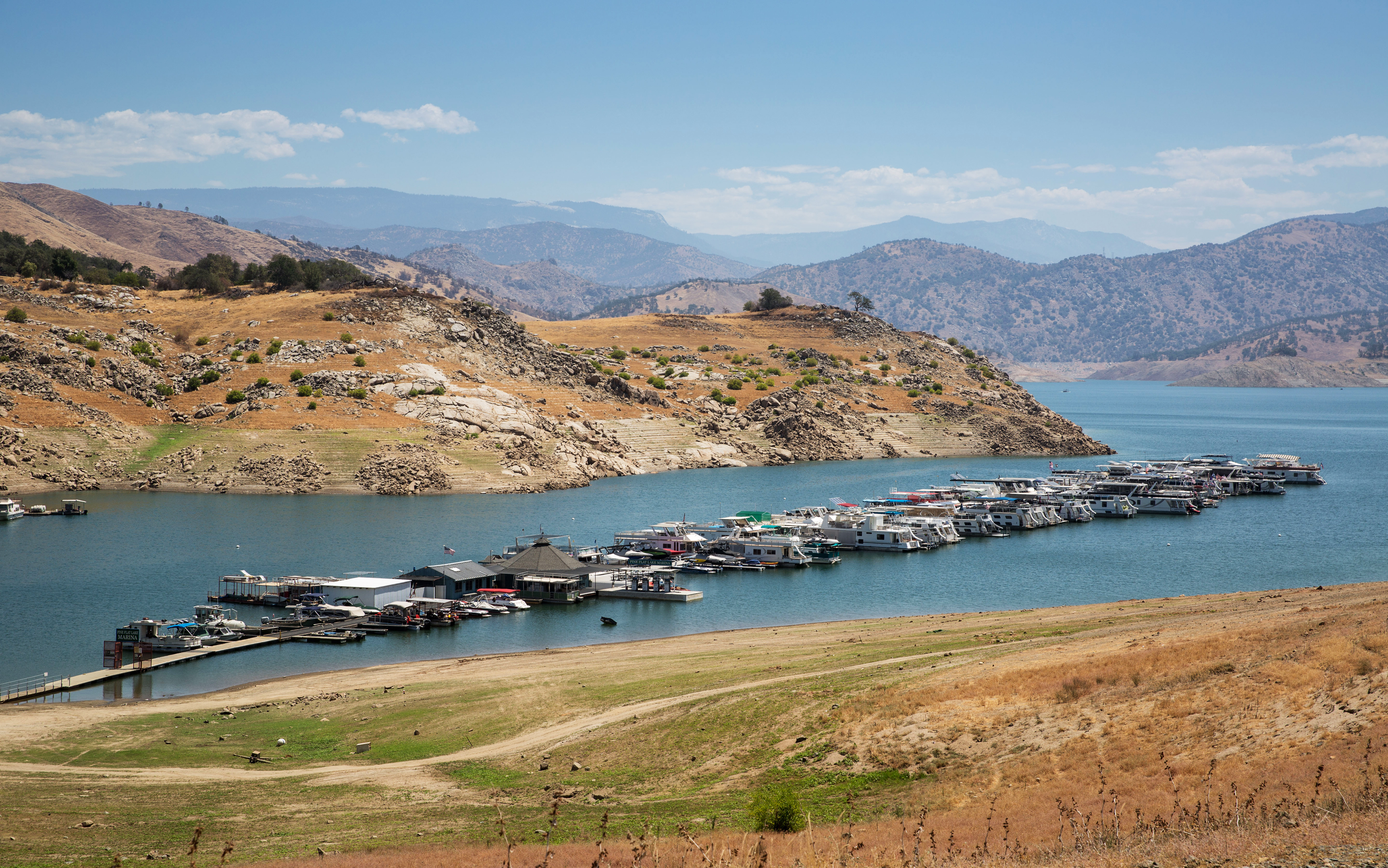Crocodiles that were recently found wandering the streets after heavy rains have been rescued.
The mugger crocodiles were spotted roaming in the Indian city of Vadodara after a monsoon descended upon the region, animal rescue charity Wildlife SOS said in a press release on Saturday.
People walking on Lalbagh Rajmahal Road in the city were the first to spot a young crocodile on the loose. After spotting it, residents quickly called Wildlife SOS and the Gujarat Society for Prevention of Cruelty to Animals (GSPCA) since they were concerned for their safety with the reptile wandering the streets freely.
Wearing protective gear, rescue teams arrived to capture the crocodile and remove it from the area. The reptile was handed over to the Gujarat Forest Department.

Then, in Karelibagh to the north of the city, a 2 foot long crocodile was seen wandering around the front of a temple. Wildlife SOS also arrived to the scene to remove the crocodile. This reptile was also brought to the Gujarat Forest Department where it will be assessed before it and the other crocodile are released back into the wild.
Mugger crocodiles, also known as marsh crocodiles, are a medium-sized species native to India and southern Iran, and can reach an average size of 9 to 11 feet. Although crocodiles do not typically hunt humans, this species has been known to be aggressive towards humans in the past, according to Britannica.
Figures from CrocBITE, the worldwide crocodilian attack database, report that mugger crocodiles attacked 110 people between 2008 and 2013. Deaths occurred in about one third of those attacks. However, attacks usually occur only when crocodiles are provoked. They are extremely territorial animals meaning they will defend themselves if they feel threatened.
It's not unusual for wildlife to become displaced during severe weather. The monsoon season in Vadodara has seen other reptiles also become displaced as floodwaters will often carry wildlife away from their natural habitats.
So far in July, Wildlife SOS and GSPCA have rescued monitor lizards and several venomous snakes including the Indian cobra. These species can also cause a danger to humans, as when provoked or irritated, snakes are more likely to bite.
"The onset of monsoon poses an unwelcome disruption to the lives of reptiles," Raj Bhavsar, project coordinator at Wildlife SOS and president of GSPCA, said in the press release. "Flooded habitats push them beyond their boundaries, leaving them vulnerable and displaced. It is our responsibility to extend a helping hand and ensure their safety in these challenging times."
The displacement of wildlife can exacerbate human/wildlife conflicts, which is already a problem in India.
"Our collaboration with the Gujarat Forest Department allows us to effectively rescue and protect vulnerable wildlife during these weather-induced situations," Kartick Satyanarayan, co-founder and CEO of Wildlife SOS, added in the press release. "Together, we strive to create a harmonious environment where both humans and animals can coexist peacefully."
Do you have an animal or nature story to share with Newsweek? Do you have a question about crocodiles? Let us know via nature@newsweek.com.








